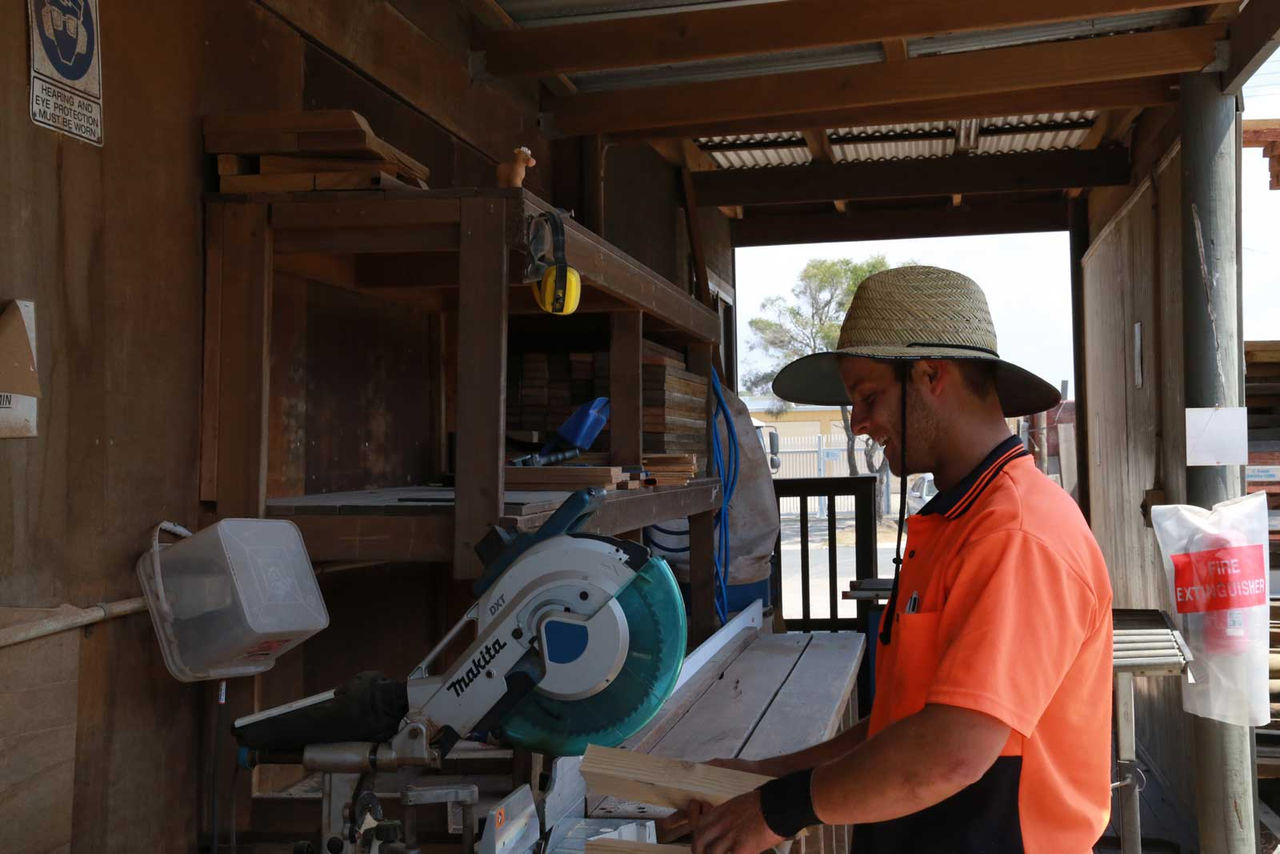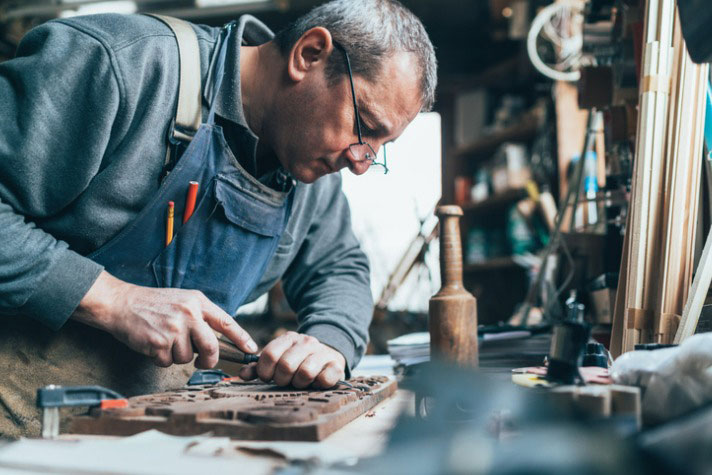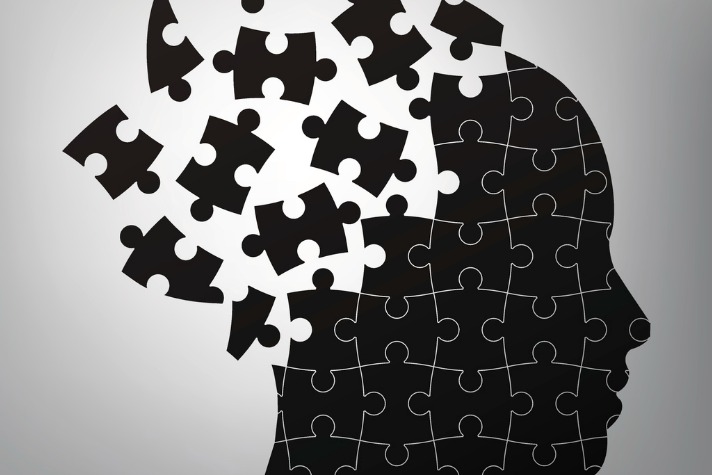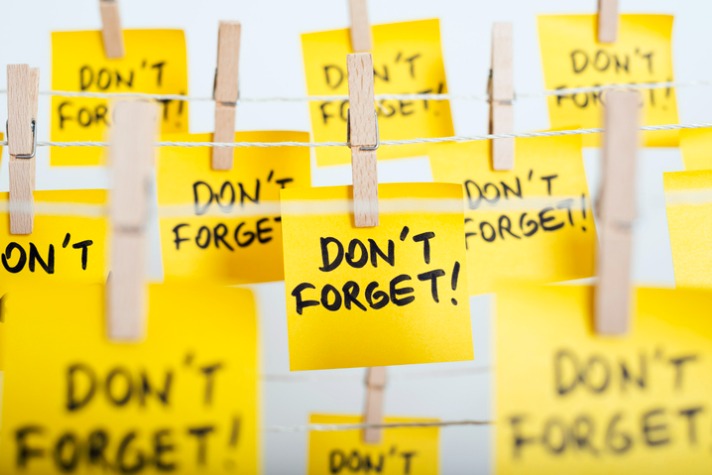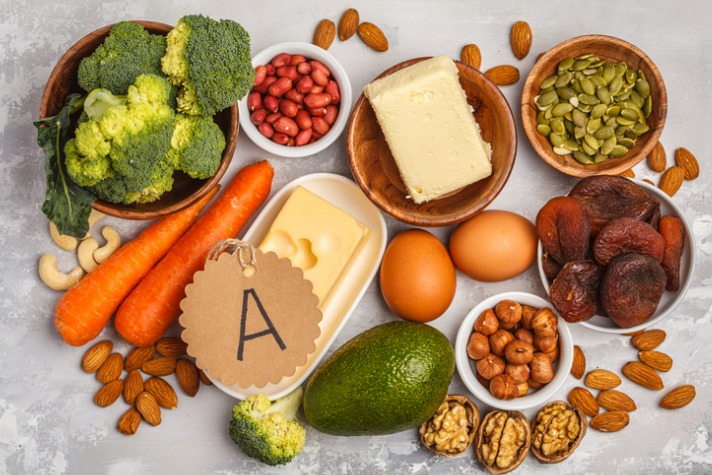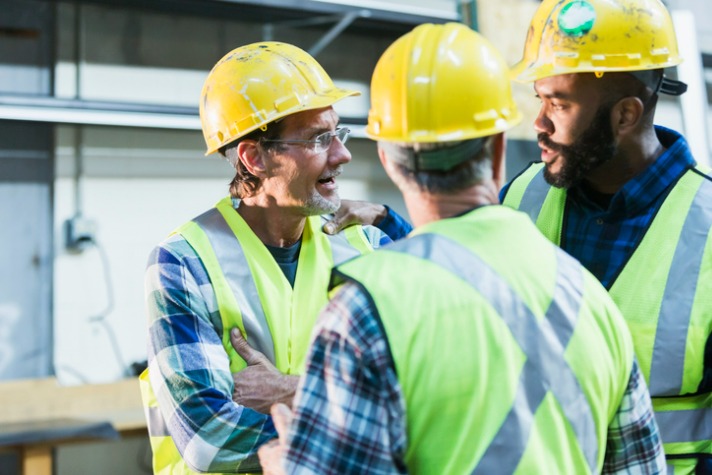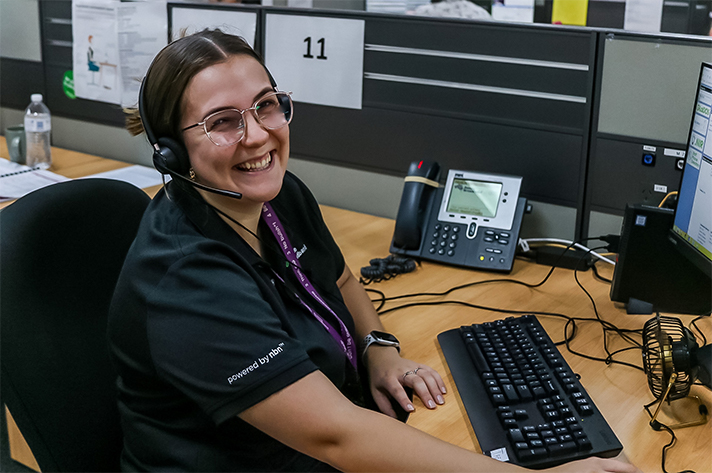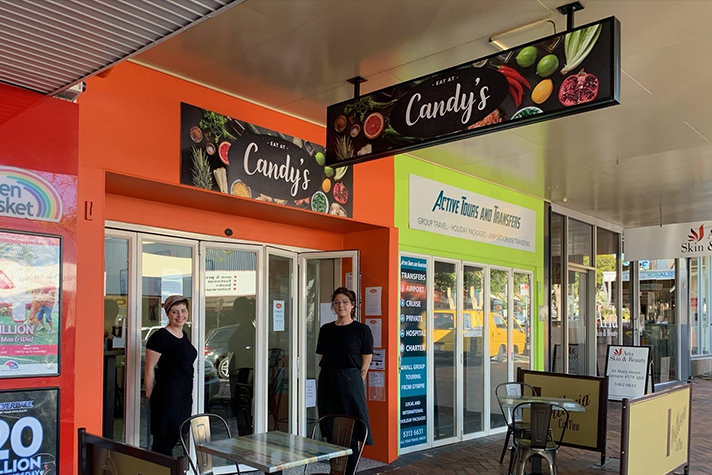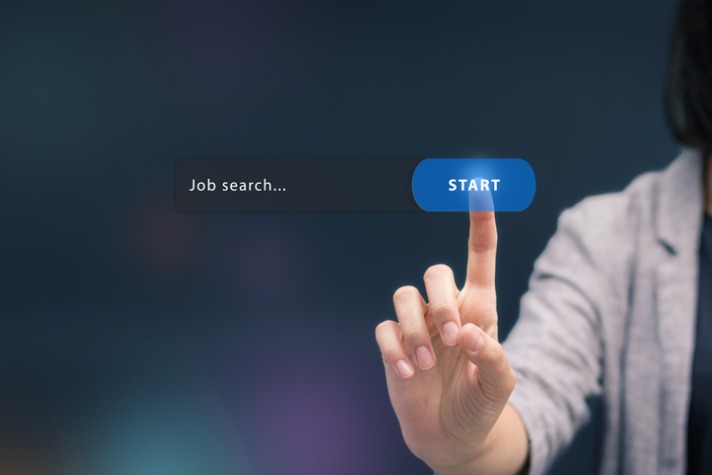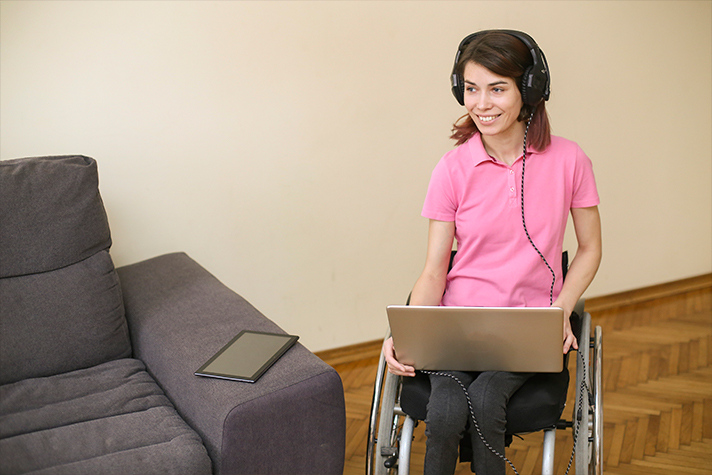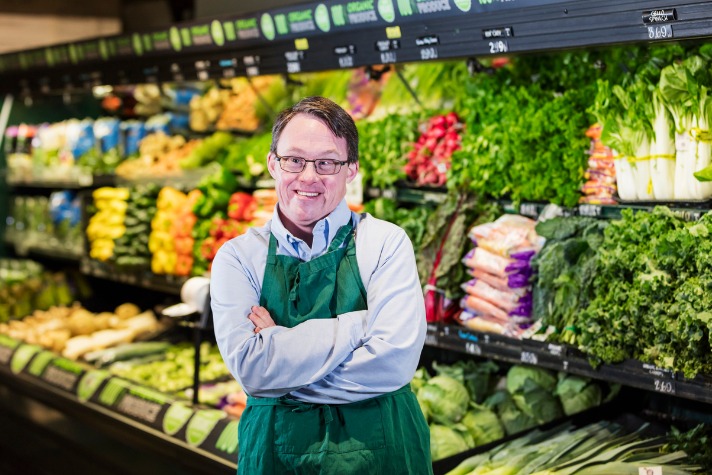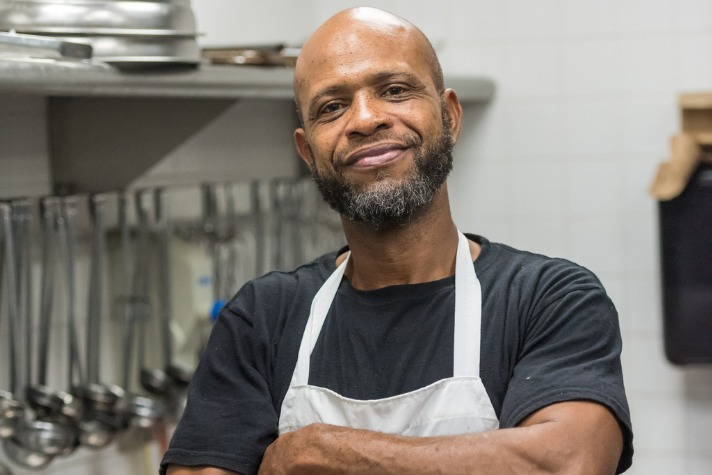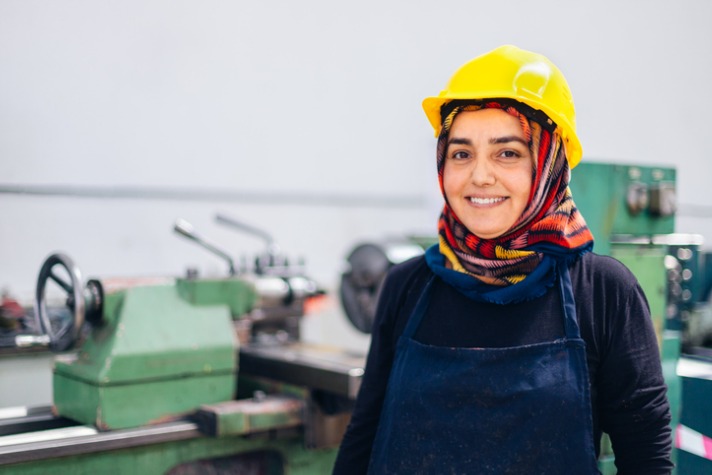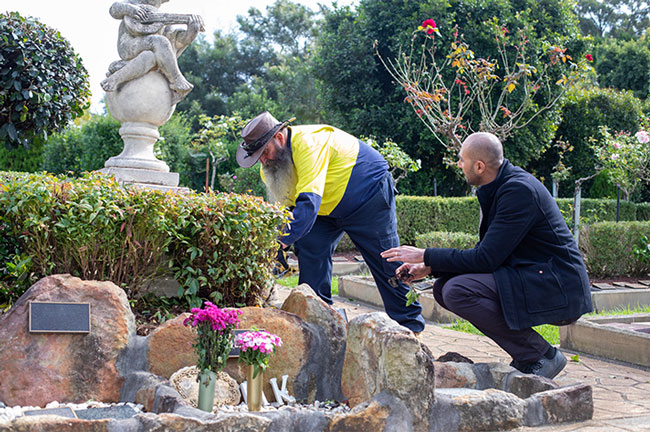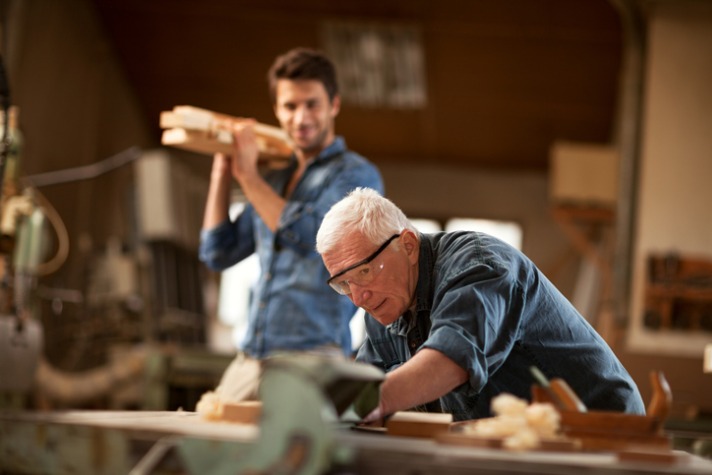‘I’m lucky to be alive after quad-bike accident’
Published by MAXSolutions on December 02, 2019
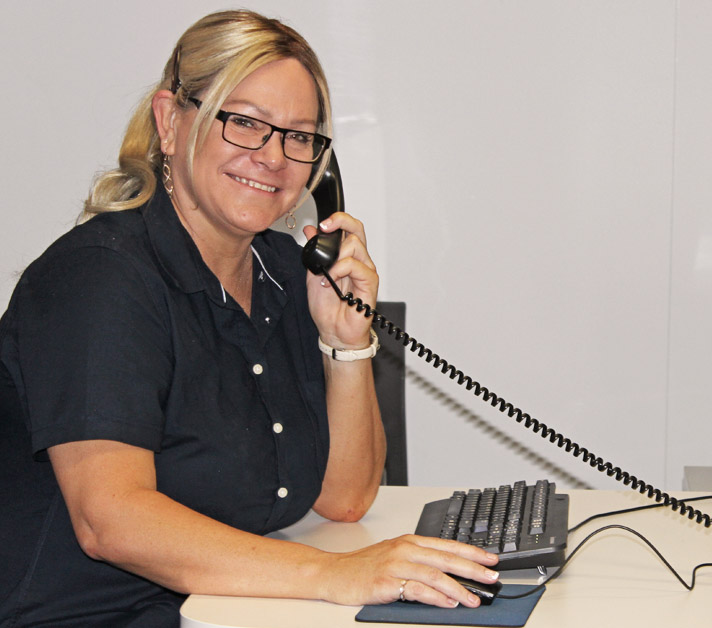
The day Madonna Molloy decided to head to her father’s farm west of Toowoomba started off like any other.
The prospect of remote open space, fresh country air and getting back to nature offered the 41-year-old Sunshine Coast woman a welcome change of scenery.
Perched next to her on a rocky outcrop was her father’s quad bike which for years she regularly used to get from one side of the farm to the other.
“At first, I thought, I can hold this 200 kilo quad bike … then it just flipped.
“I was on my own, no one knew where I was.
“I blacked out and when I came to everything was white
“I couldn’t see. And then all I could see was blood.
“Blood was gushing everywhere. All down one side of my leg, you could see bone poking out.”
Despite the remote location, she reached for her phone and saw miraculously, it had one precious bar of cell tower coverage.
“I got onto Dad who came and found me, but it took half an hour,” she says quietly.
Ms Molloy was immediately flown by helicopter to Toowoomba Hospital for emergency treatment, where doctors discovered she’d suffered 60 broken bones.
She was later transferred to hospital in Brisbane for a series of gruelling maxillofacial operations to repair her neck and spine injuries.
“I should have been dead,” she says hesitantly.
“I came to after a two-hour helicopter flight to find six surgeons round me going, how are you alive?”
Because her injuries were so extensive, for six months she was confined to a wheelchair.
In person, Ms Molloy is a blend of resilience and fragility. But she is frank about the legacy of her injuries. It’s left her with uncontrollable shakes and nerve damage to her face which means no sensation when brushing her teeth.
“The whole side of my face, my speech gets a bit slurred sometimes,” she says holding her cheek.
“It can get a bit awkward and sometimes, I get anxiety about it.
“This side of my face was gone, my eyesight’s gone, I’ve got a metal leg.
“And because of the spinal damage, I get like Parkinsons reactions, shakes and that.
“But I’ve just got to deal with that, there’s nothing they can do about it.”
“So that’s why I wasn’t working and that’s why I struggled.
“And then, when you try and look for work, you have this gap in your résumé – like why aren’t you working right now?”
Ms Molloy never shrinks from confronting the impact of the accident, even when it causes her pain.
She explains that when she arrived at the MAX Solutions office in Maroochydore, whilst she’d defied doctors’ expectations, she still feared her life-changing injuries would have a profound impact on her life.
“I’m 41 now, but I’d worked as a resort manager for 20 years.
“Centrelink referred me to MAX because they felt I should be with an agency who worked specifically with people with disability.”
Her MAX support team in Maroochydore were constantly on hand to provide encouragement and support whilst she turned the page on a new chapter in her life.
“I was here a week and I had a job!” Ms Molloy says.
That job was hotel receptionist in Bli Bli on the Sunshine Coast, a role she started in August 2019.
“Jackie from MAX took me to my interview, and she picked me up from work for weeks after just to chat about how I was going and if they were looking after me.”
The employer has made workplace adjustments for Ms Molloy, including offering her six-hour shifts rather than the normal nine-hour shifts; rest pauses and support on the job to help her perform some of the tasks.
“I can’t go back to work full-time because of the brain injury,” Ms Molloy says.
“Plus, the visual strain of staring at a screen can be quite difficult at times.
“My employer has been really good, they’ve made adjustments to allow me to work, and I’m enjoying being back in a role that’s so close to what I did before the accident.”
Senior Disability Employment Service consultant, Jackie Eldridge, said Ms Molloy’s determination to battle her way back was an inspiration.
“I’ve had the privilege of supporting Madonna on her journey back to employment, and after what she’s been through, I think she is just amazing,” Ms Eldridge said.
“For customers living with disability, it’s so important we tell these stories.
“Different people from different backgrounds bring unique points of view to a workplace, builds empathy and it just creates a better work culture for everyone.
“That’s why every day, we help employers focus on what people can do, not on what they can’t.”
Tags
Found this useful?
Help and advice
Our blogs are about helping people seek the information that they need for their steps in the workforce.

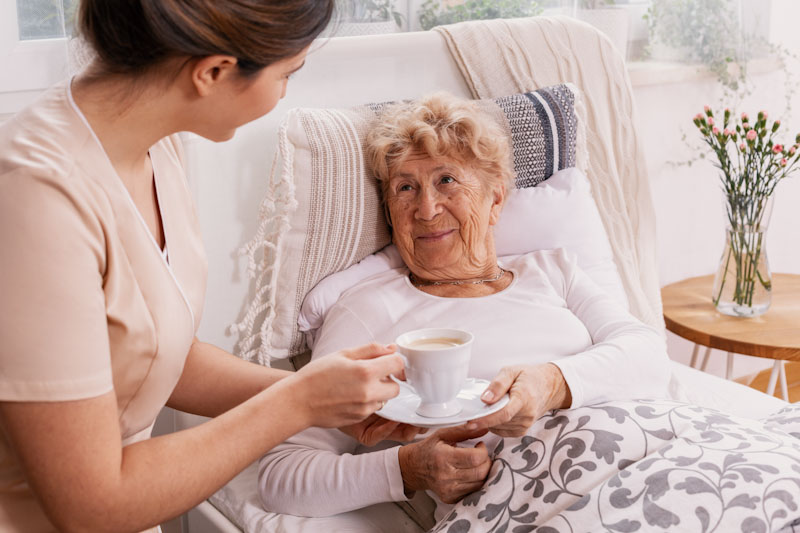
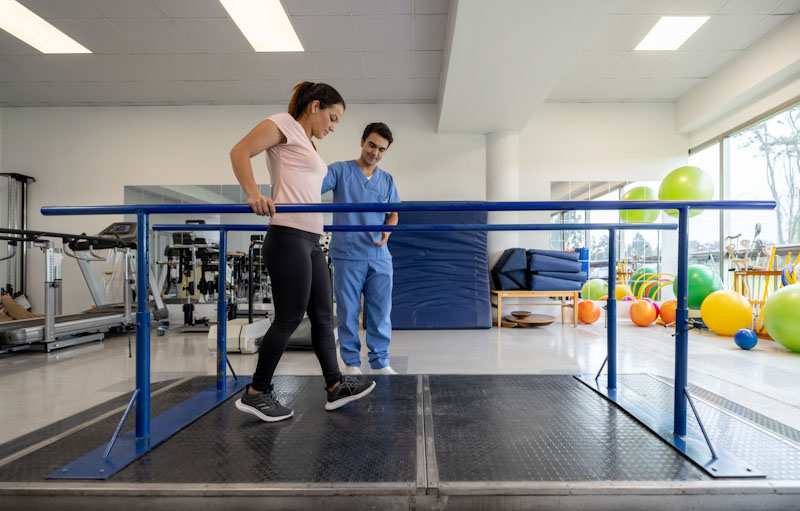
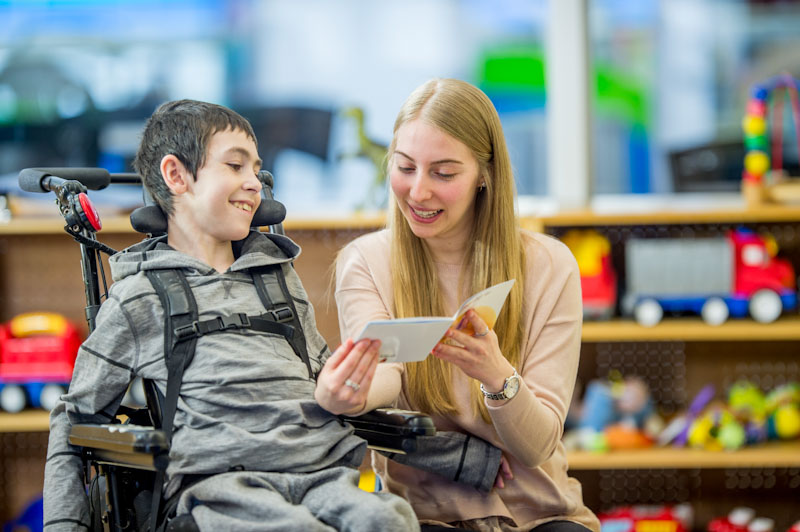
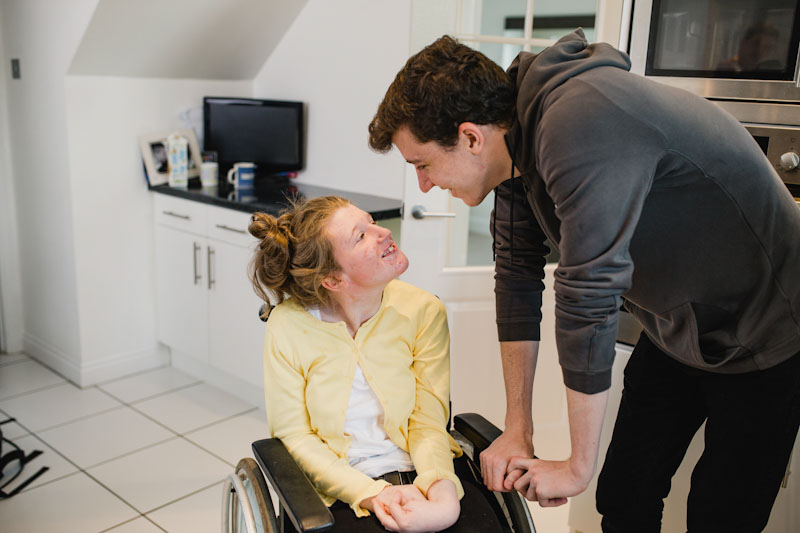
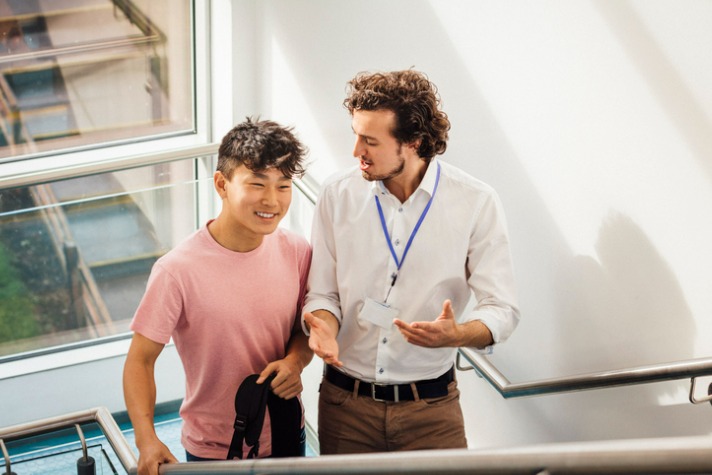
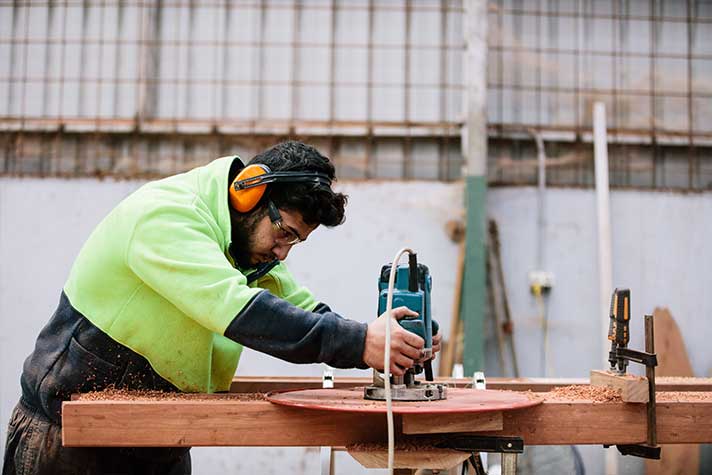

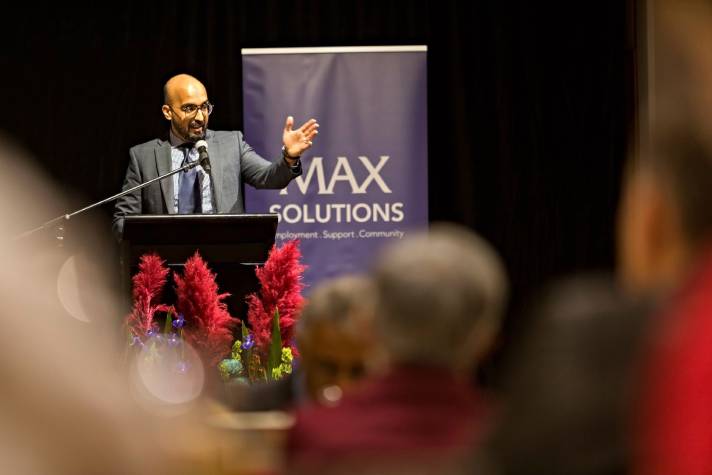
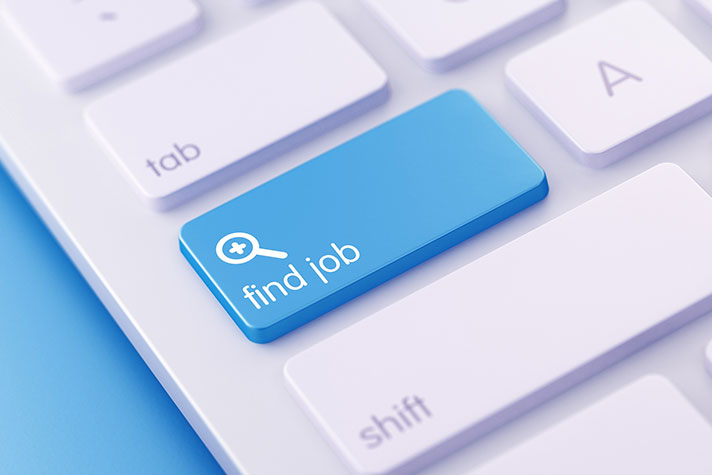



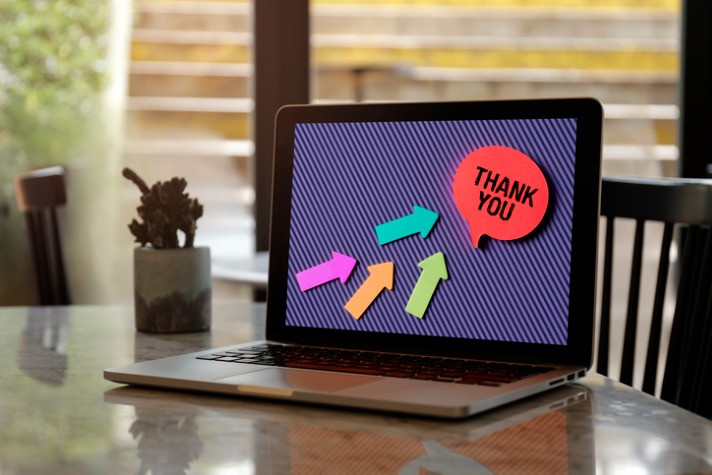
_1.jpg)
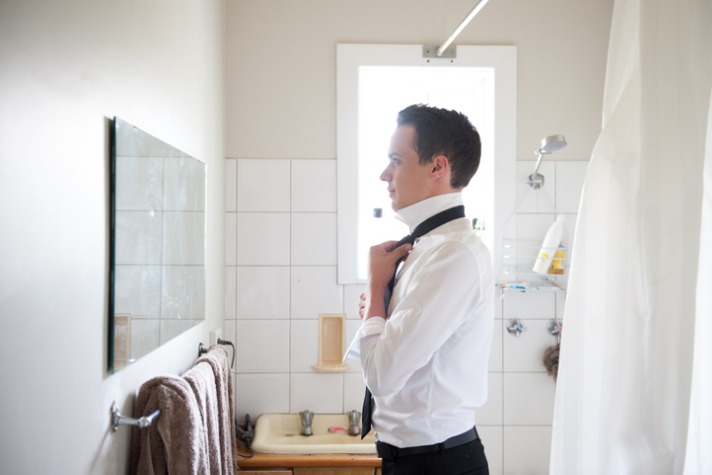

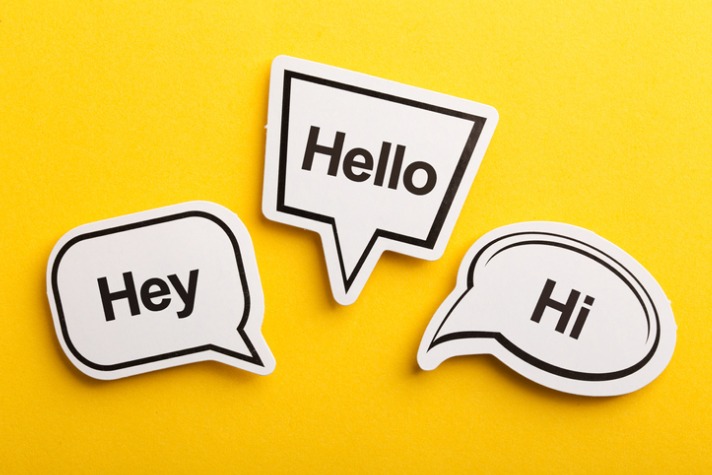
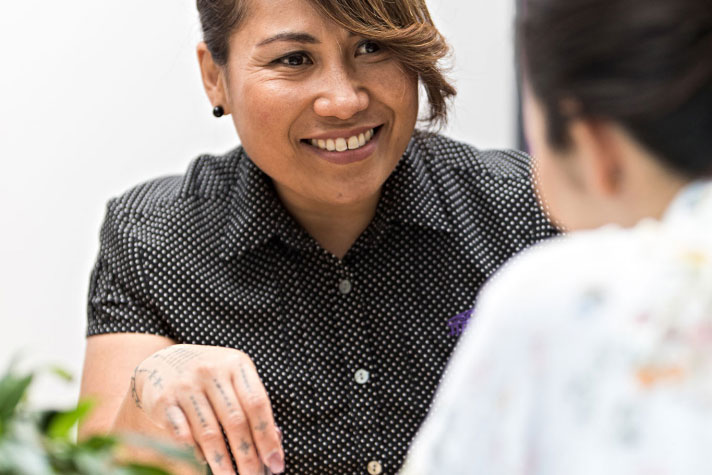
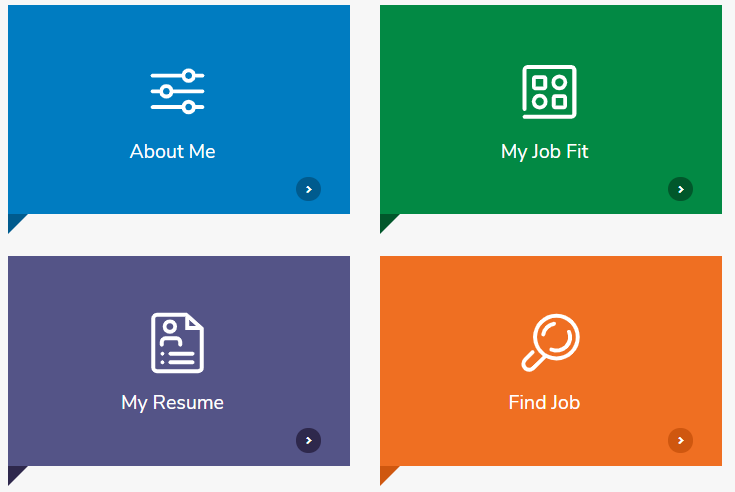

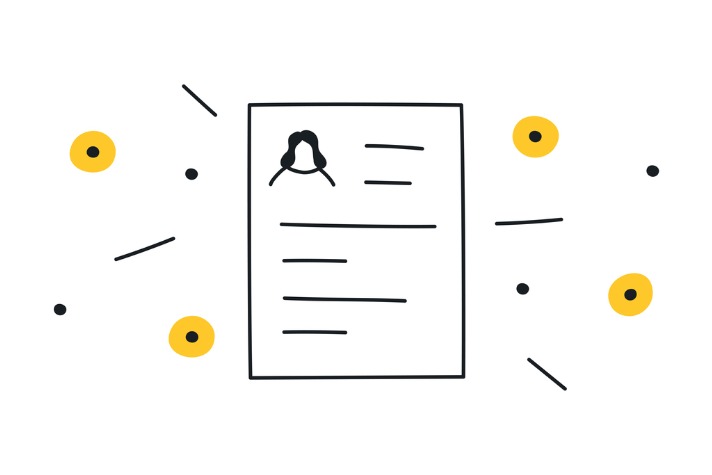

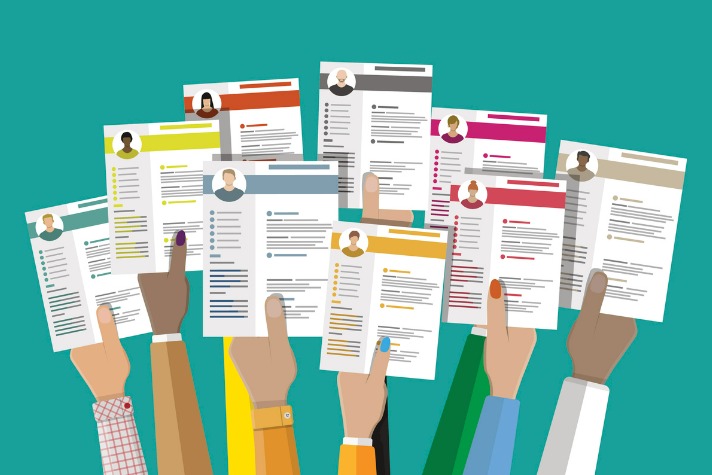
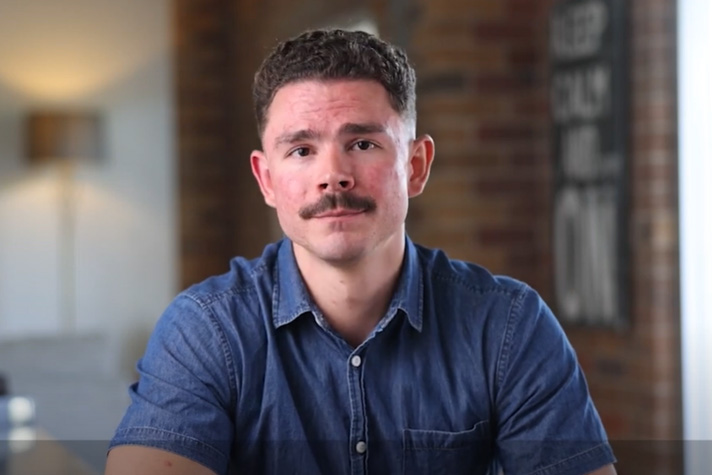
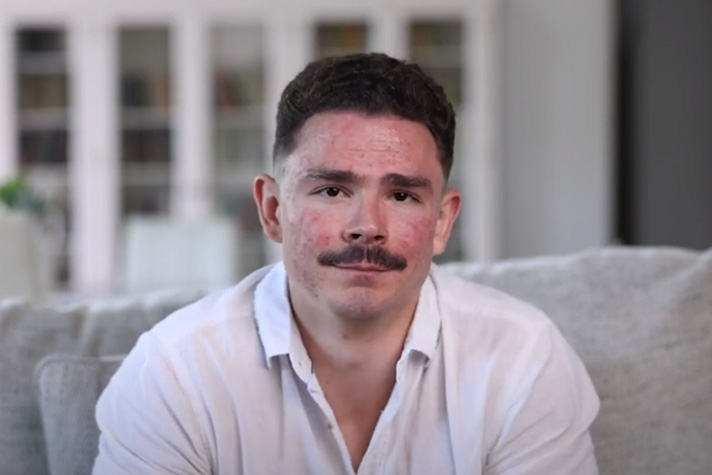
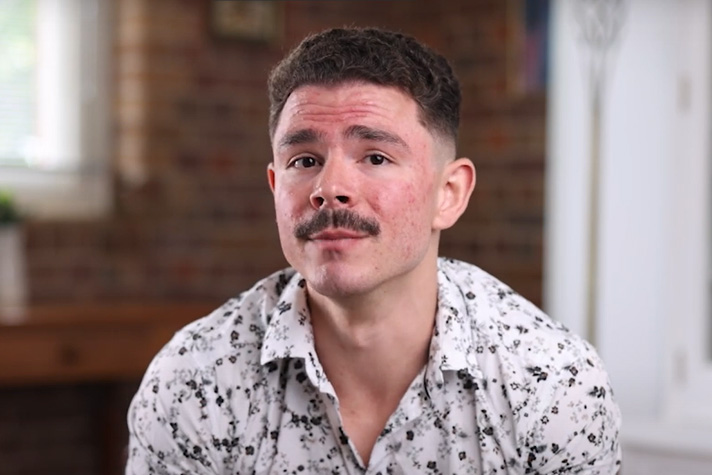
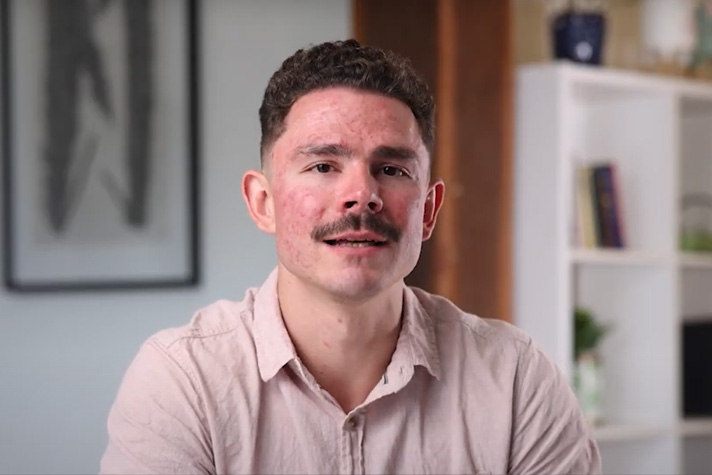
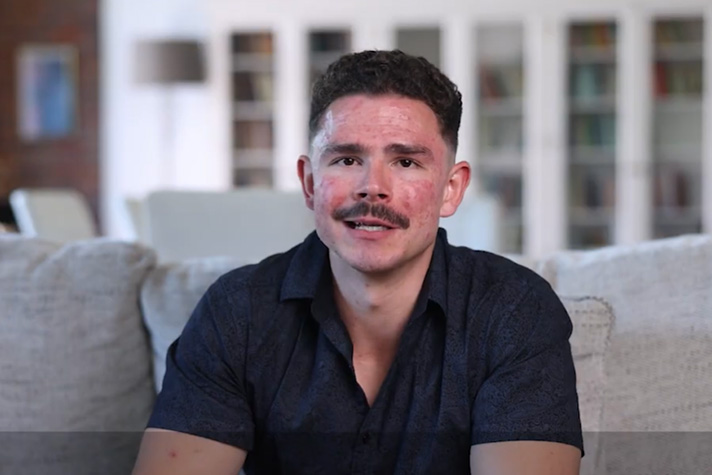

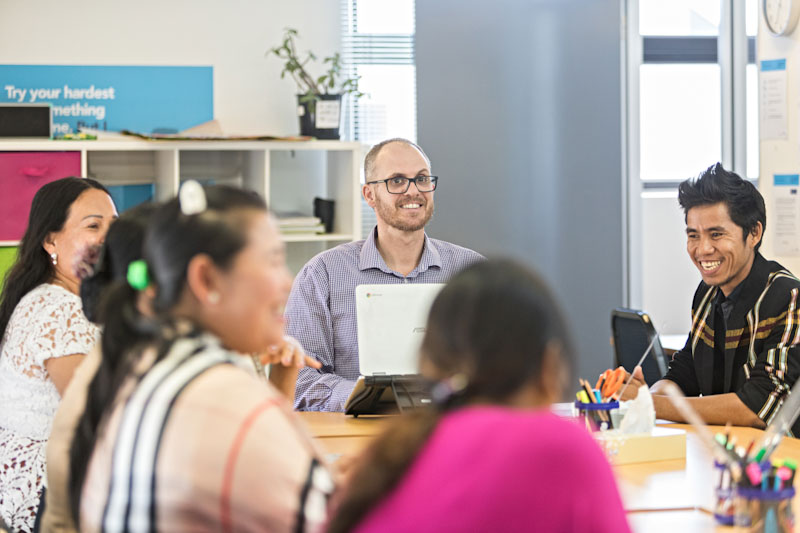
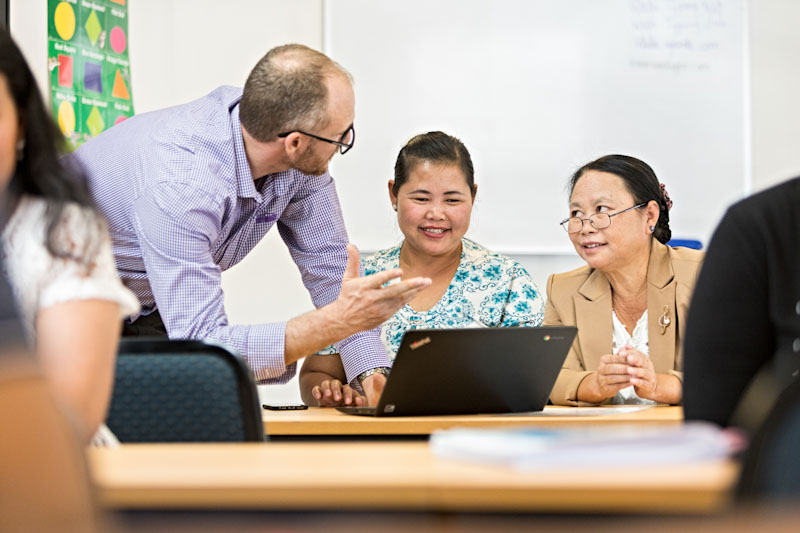
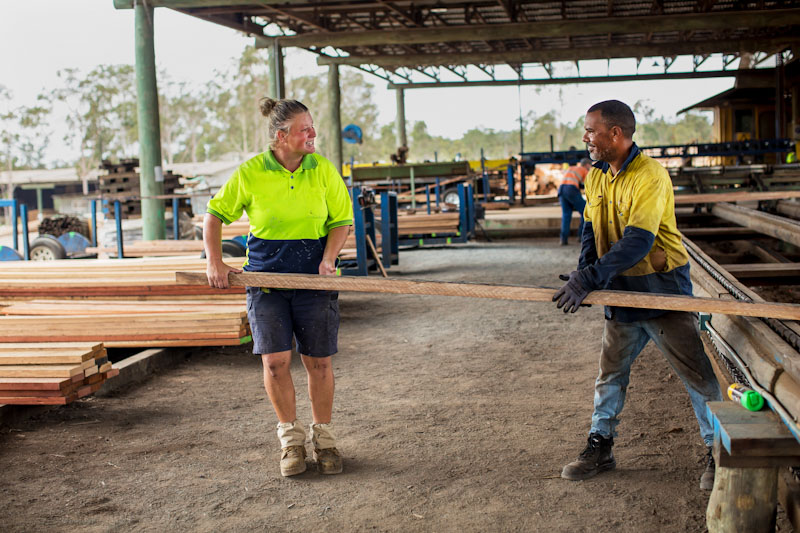
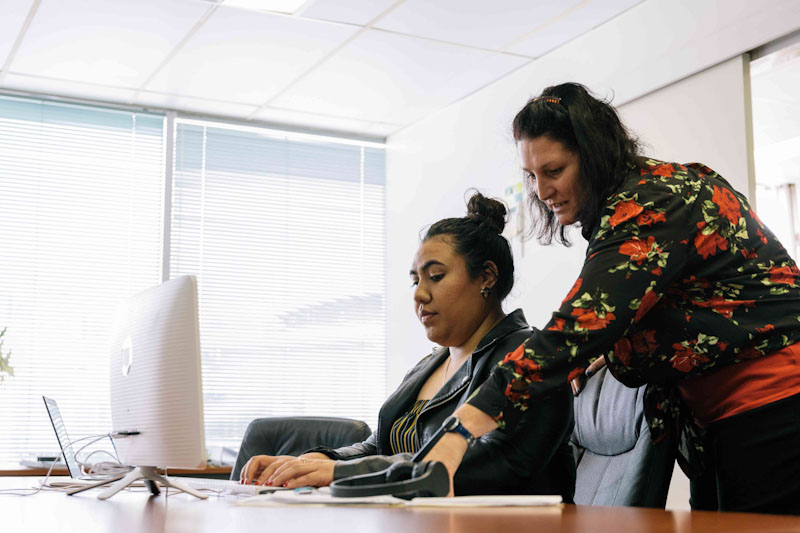
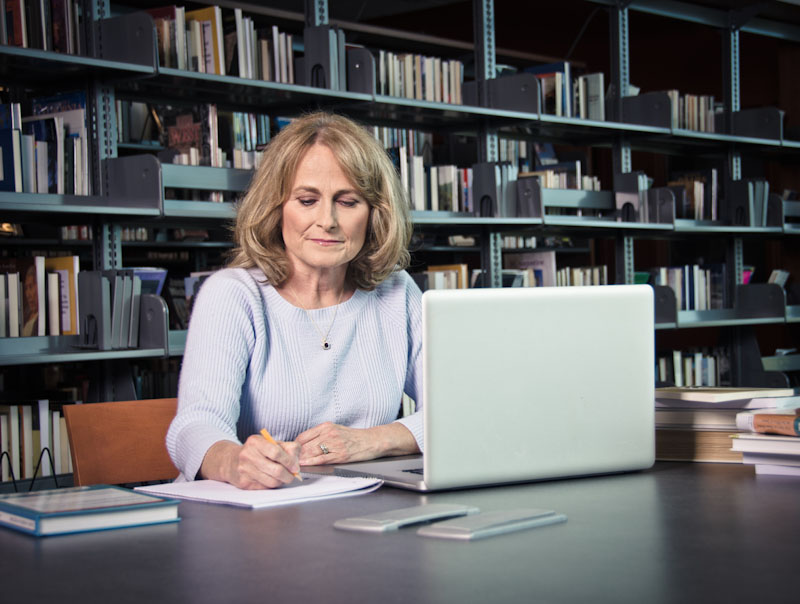

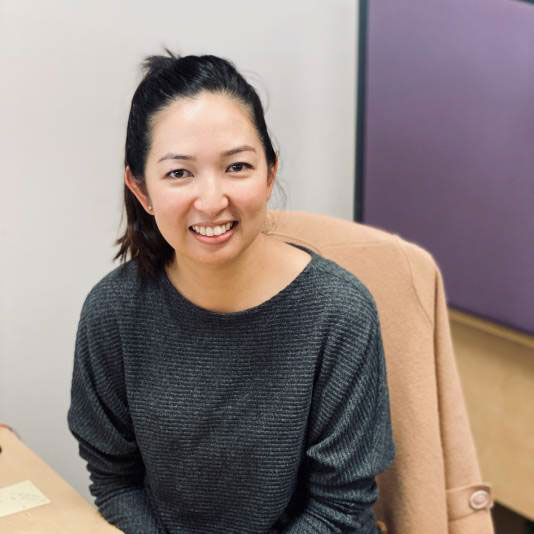
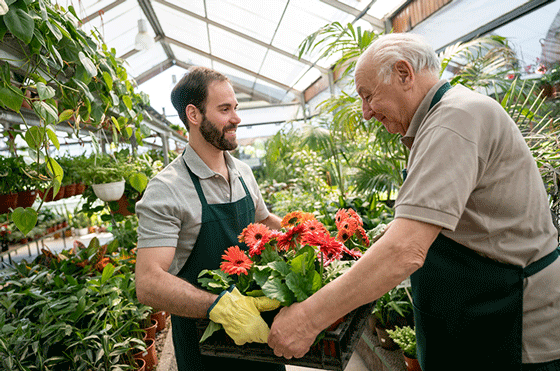

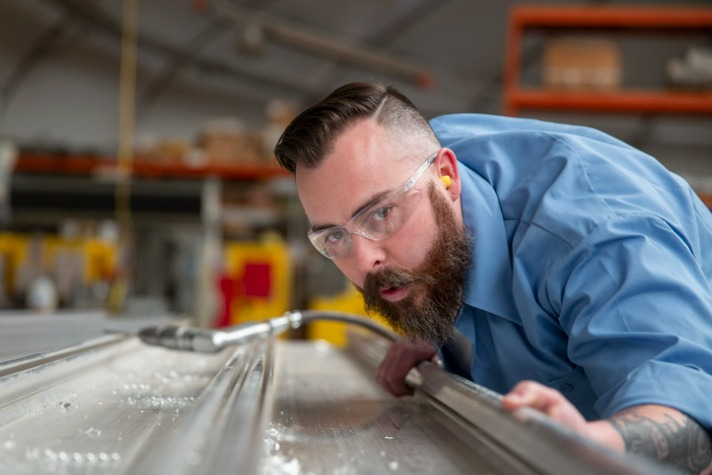
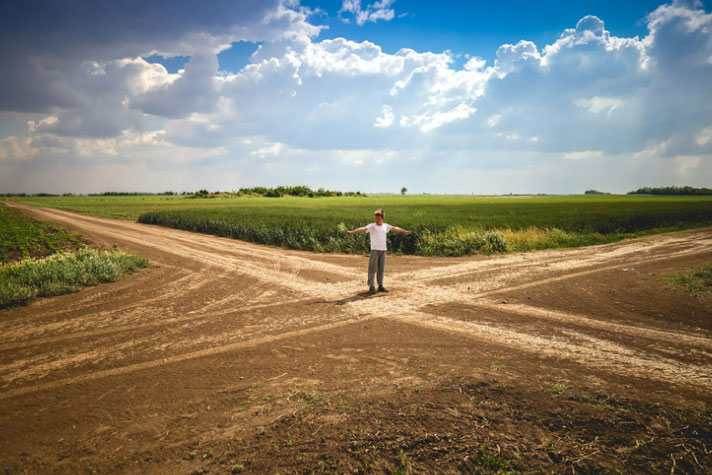
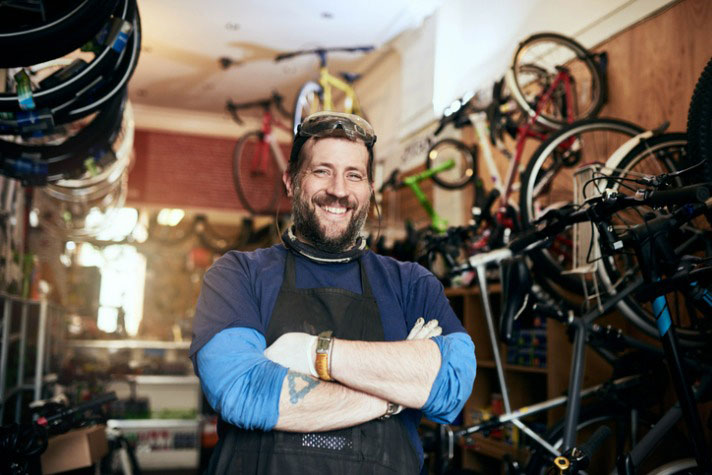
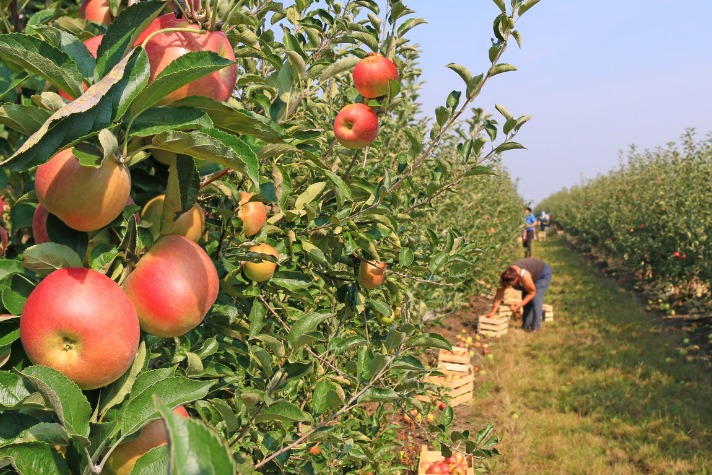
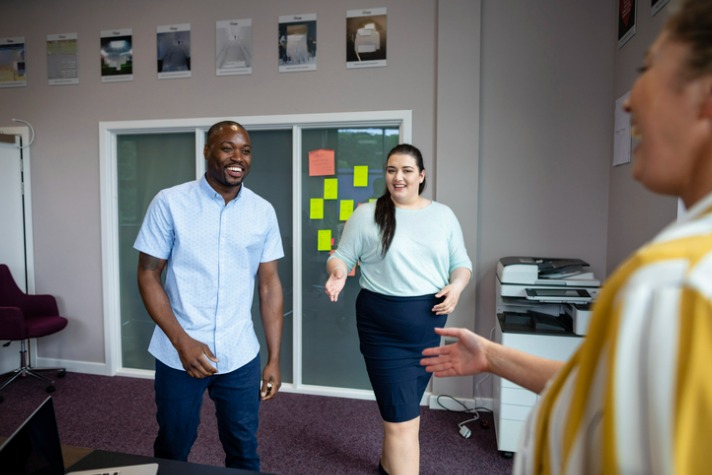
.jpeg)
